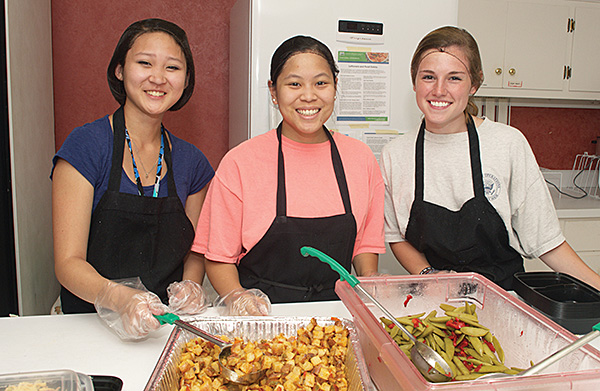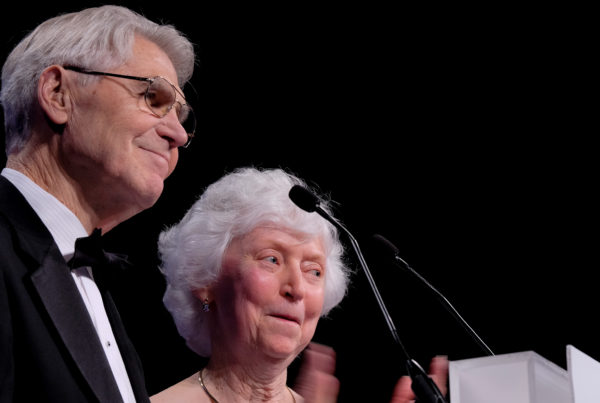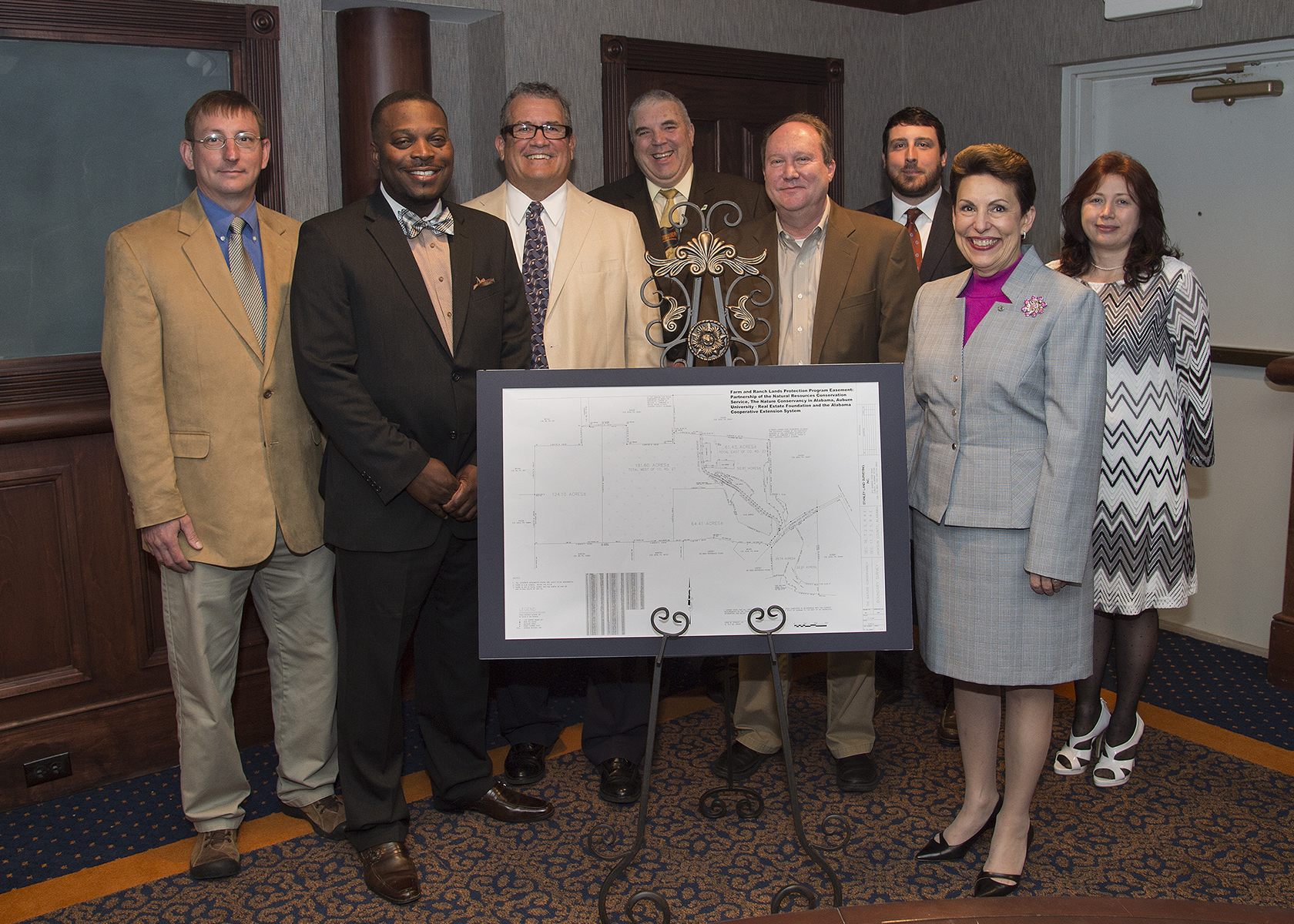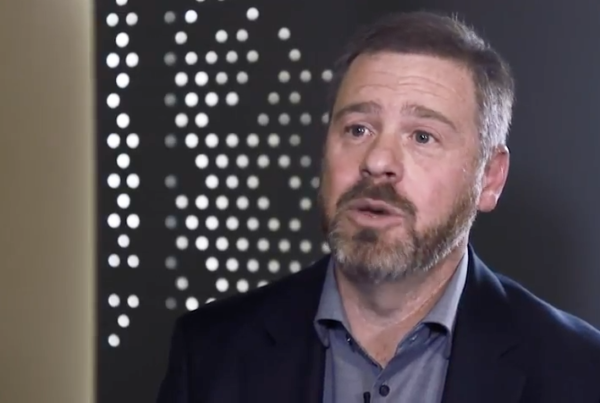
Student volunteers in the Campus Kitchens Project feed approximately 550 people in the local area every week.
Food insecurity, or a lack of reliable access to adequate food for an individual or family, is an issue people from communities around the country face. According to the U.S. Department of Agriculture, 15.8 million households in the nation struggle with food insecurity. Whether you’ve ever known what it’s like to live with hunger or make the difficult choice between buying food or paying a bill, odds are that someone you know has been confronted with that choice at some point in their lives.
Students in Auburn University’s Campus Kitchens Project are working to change that reality in their corner of the world.
The concept behind the entirely student-run organization is simple: collect unserved food from dining facilities, fraternities, and restaurants around campus, package it into nourishing meals, and deliver them to people in need. But they can’t do it alone.
On Tiger Giving Day, Feb. 21, 2017, donors contributed more than $6,300 for the Campus Kitchens Project.
Program leaders used the funds to purchase a new refrigerator and a deep freezer. Students consistently collect more than 1,000 pounds of food each month and had outgrown current food storage options.
“We were so happy to be a part of Tiger Giving Day and share our program throughout campus and the Auburn community,” said Hallie Nelson, Auburn’s Campus Kitchens Project past president. “Getting our project fully funded is really amazing because we bring in so much food each month now and have really just run out of room.”
Students volunteer for shifts to pick up food, package meals, and then deliver them. Each week, they provide nearly 400 meals and 15 family-style pans of food, feeding approximately 550 people in the local area. They deliver meals to 15 community partners, including afterschool care facilities, a men’s home, senior homes, food bank programs, and churches. They even run their own mobile meal program, delivering meals to disabled seniors in the community.
Nelson, a biosystems engineering major, has been involved with the program for three years and has found a strong sense of purpose and community through Campus Kitchens.
“It makes so much sense from a sustainability perspective. This food would otherwise literally be thrown into dumpsters, but instead we’re able to connect with community members and feed them,” she said. “And just working with all of the community partners and doing delivery shifts has been so cool because you get to meet people you probably never would have if you just stayed on campus all the time. You really become a part of the larger Auburn community.”
As the program grows, the goal is to increase from the 1,200 meals per month students currently prepare to packaging and delivering 2,000 meals monthly in 2018. But their current logistical setup will have to grow as well to meet the needs of a 60 percent increase in production.
Some future program goals and needs include:
- Expanding facility kitchen counter space to package more meals
- Increasing on-campus distribution to combat food insecurity among students
- Creating a community space in their facility with tables, chairs, and a microwave to provide free dining for students in need
- Purchasing a golf cart for food pick-ups around campus (shift leaders currently use their own vehicles)
The Campus Kitchens Project also needs help with ongoing operating costs — $100 per week for meal boxes and supplies. These costs will rise as they increase food pick-up and meal distribution in the future.
“We just really want to continue to grow the program, get more students involved as shift leaders, and continue to make a difference in our community,” Nelson said.





